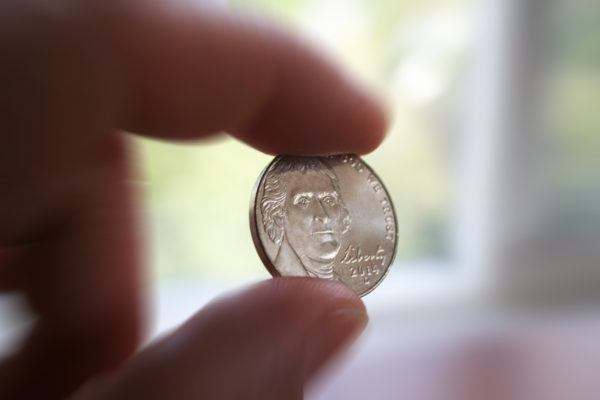Five-cent chemistry
The research team of Liviu Mirica, associate professor of chemistry in Arts & Sciences, has developed novel methods for generating the buildings blocks of important compounds with the common metal nickel. The work expands scientists’ toolbox for nickel-based chemistry, and contributes to the movement of “green chemistry” toward a 21st century of sustainable synthesis.
Chemistry for greenhouse gases
Novel metal catalysts might be able to turn greenhouse gases like methane and carbon dioxide into liquid fuels without producing more carbon waste in the process.
Acid-resistant bug doesn’t give in to alcohol either
A chemist at Washington University in St. Louis has found surprisingly tough enzymes in a bacterium that “just says no to acid.” Acid resistance is a valued trait for both pills and human pathogens. The bacterium Acetobacter aceti makes unusually acid-resistant enzymes in spades, which could make the organism a source for new enzyme products and new directions in protein chemistry.
WUSTL joins new center; goal is to develop environmentally friendly chemical processes
Photo by David KilperMilorad P. Dudukovic, associate director of the new multi-institutional center, works with graduate students at the Chemical Reaction Engineering Laboratory.The National Science Foundation has announced that the Center for Environmentally Beneficial Catalysis has been selected to receive $17 million.
Cleaner chemical processes is goal of new center
Washington University in St. Louis is joining two other universities in a new center devoted to developing the basis for environmentally friendly chemical processes. The National Science Foundation (NSF) has announced that the Center for Environmentally Beneficial Catalysis (CEBC) headquartered at the University of Kansas has been selected to receive $17 million under the NSF Engineering Research Centers (ERCs) program. Additional funding streams and donated facilities as a result of the award are expected to bring the total package value to nearly $30 million.

